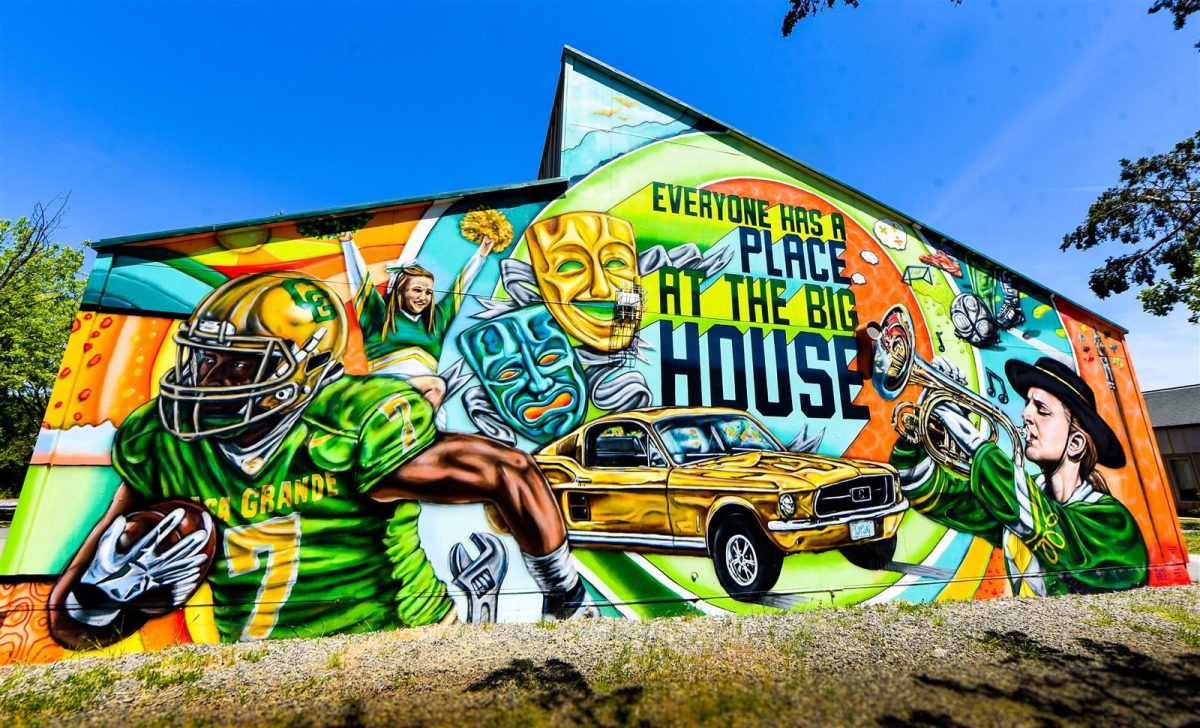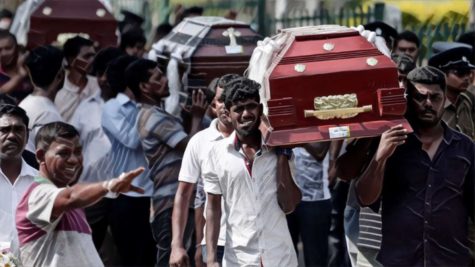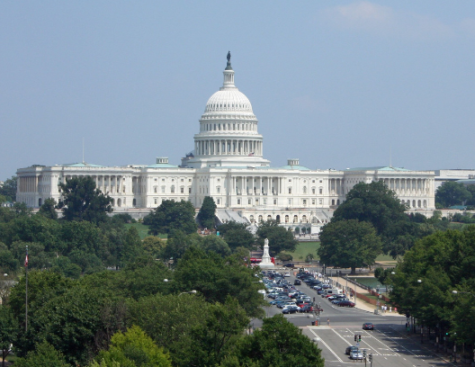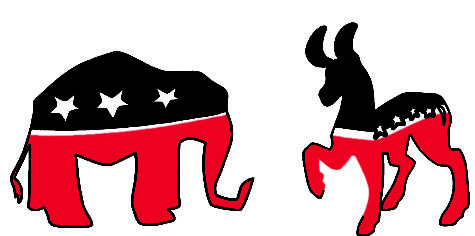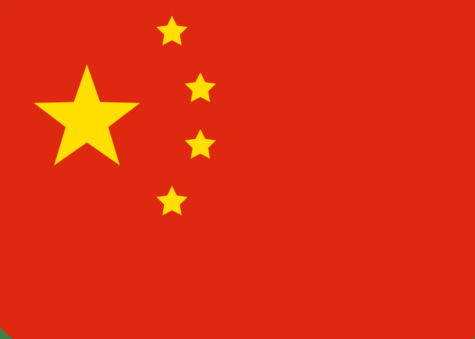Somalia: Fighting Famine
A dire drought, the worst in 60 years, has overtaken Eastern Africa, especially Ethiopia, Kenya, and Somalia. This drought reaches back into the 1990s, but has recently been intensified by three main factors.
One factor is climate change wreaking havoc on the balance between the cooling of the eastern Pacific Ocean and the heating of the western Pacific, both which regulate the El Nino and La Nina cycles (National Geographic). Climate change exacerbates these effects, elevating the temperatures, dehydrating the land, and decreasing the length of the rainy seasons, of which there are only two: spring, named Gu, and fall, called De. De was an absolute failure last year, as it began later and ended earlier than the expected usual timespan (ARAHA). Twenty million people are at risk of famine, as the drought stretches across Africa into the Middle East. Currently, hundreds of people have died as a result, but will spike if the Gu rains fail (Reuters).
This issue ties hand-in-hand with Exxon Mobil’s message to Donald Trump to not abandon the Paris Climate Change Agreement, stating it’s efficient for addressing the risks of climate change (CNN). Trump has agreed to cutting environmental plans such as the Clean Power Plan, which aimed to cut carbon emissions by coal plants. With the Earth heating the way it does, the equator receives the most heat and the poles receive the least; consequently, this system makes the situation more fatal for Somalia, especially since they’re near the equator. Sophomore Josh Dapiran states his opinion on how vital it is for the United States to not fall out of the agreement.
“If this is gonna negatively impact our environment, I don’t really agree with the decision. It’s the environment, [and] we want to keep it as healthy as possible, but if people are pulling out of the agreement that can benefit our world, I can’t agree with what he did,” said Dapiran.
Kenya and Ethiopia have been able to fend off the crisis by maintaining stable food aids and reserves; however, the same cannot be said for Somalia. The Somali Civil War, originating in 1991 when President Siad Barre’s military regime was overthrown, has worn down infrastructure and response systems and depleted stockpiles to draw from (BBC). Moreover, after major spikes in food prices, they cannot afford food. Lastly, Somalia is contending for funding from the United Nations against South Sudan, Syria, and Yemen, with solely six percent of the U.N.’s $864 million request filled (National Geographic). Dapiran outlined how the U.S., and even other countries, can help tackle this calamity.
“If we’re gonna help Somalia, the civil war needs to get resolved first. I wouldn’t recommend bringing troops in there, but we should at least try to get that resolved first. Then, whoever wins the civil war, we should try to ally with the party, and we should try to get water and food in there, because if it’s facing a drought and people are dying, they need water,” said Dapiran.
Luckily for them, many people have come to their aid. France’s Jerome Jarre set up a GoFundMe on March 15 to fill a cargo plane with food. Some donors include Ben Stiller, Calvin Harris, and Casey Neistat. They and about 80,000 others raised two million dollars in under a week. Also, to increase contributions, participants were encouraged to utilize the #NominatedforSomalia hashtag and tag three friends to join their “Love Army” (TIME).
Additionally, the American Relief Agency for the Horn of Africa, or ARAHA, have launched a campaign to support the cause by distributing food baskets, water, and shelter materials for multiple drought-affected families in Somalia and Kenya (ARAHA). Sophomore Allyson Lubas responds to the aid being sent over there, and conveys how she may support the cause.
“I definitely think that they’re receiving the help they need; however, I feel that maybe more campaigns and maybe transporting water from other countries would really help Somalia out more. But, I think from what has been done so far, I feel that we’re definitely making progress. I would definitely set up a GoFundMe, and I would try to raise money to help the people in Somalia, maybe set up a program where they can transport water to Somalia, and provide food and other necessities,” said Lubas.
Hopefully, these campaigns will do enough to dig Somalia out of this hole; until then, fears and death rates continuously add as both wildlife and Somalis are near a disastrous famine.
